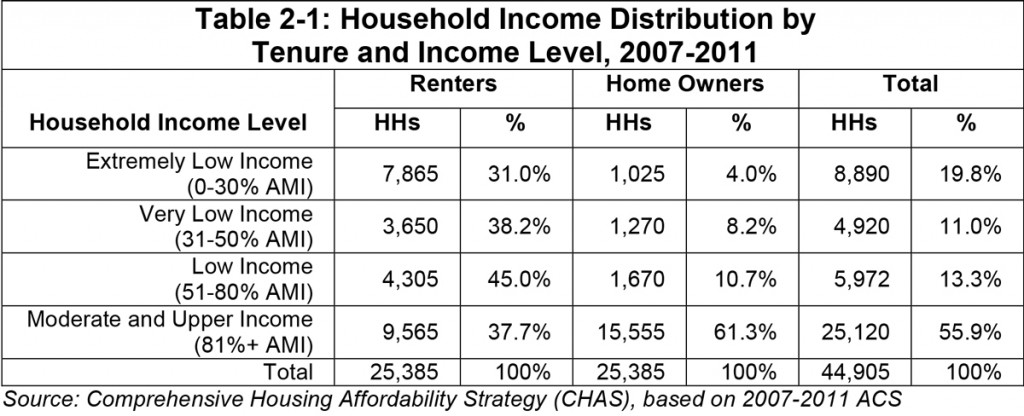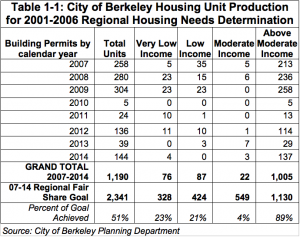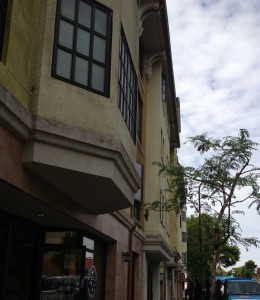Give Input on Housing Policy
 On Wednesday February 18 the Planning Commission will hold a public hearing on the Housing Element of Berkeley’s General Plan. The hearing is at 7 PM at the North Berkeley Senior Center. BTU needs tenants to come speak out!
On Wednesday February 18 the Planning Commission will hold a public hearing on the Housing Element of Berkeley’s General Plan. The hearing is at 7 PM at the North Berkeley Senior Center. BTU needs tenants to come speak out!
Berkeley’s 2015-2023 Housing Element is the basis for housing goals and policies for the next eight years. It is important that renters comment on this draft now, in order to maintain tenant protects and expand development of actual affordable housing.
Your Berkeley Tenants Union has written an extensive critique of the draft, linked below. We hope you will attend the hearing or write the Planning Commission right away supporting our goals:
- Demo Ordinance: Rent controlled housing must remain protected from demolitions.
- The Affordable Housing Mitigation Fee charged to developers should be high enough to actually mitigate the lower-income housing needs created by new development.
- “Illegal” Units: City should provide path to legalize 4,000 rent controlled units which do not have permits – San Francisco’s program could be our model.
- Code Enforcement / Habitability: Increase proactive inspections; allow anonymous complaints.
- Better monitoring of Below Market Rate “Inclusionary” Rentals
Write to planning: JHarrison@cityofberkeley.info; aamoroso@cityofberkeley.info–
Full BTU Letter to Planning
2015.Planning Commission Feb 18.BTU
Article on first Housing Element hearing:
http://www.contracostatimes.com/breaking-news/ci_27491384/berkeley-commission-examines-housing-issues
Draft Housing Element itself:
http://www.ci.berkeley.ca.us/housingelement/


